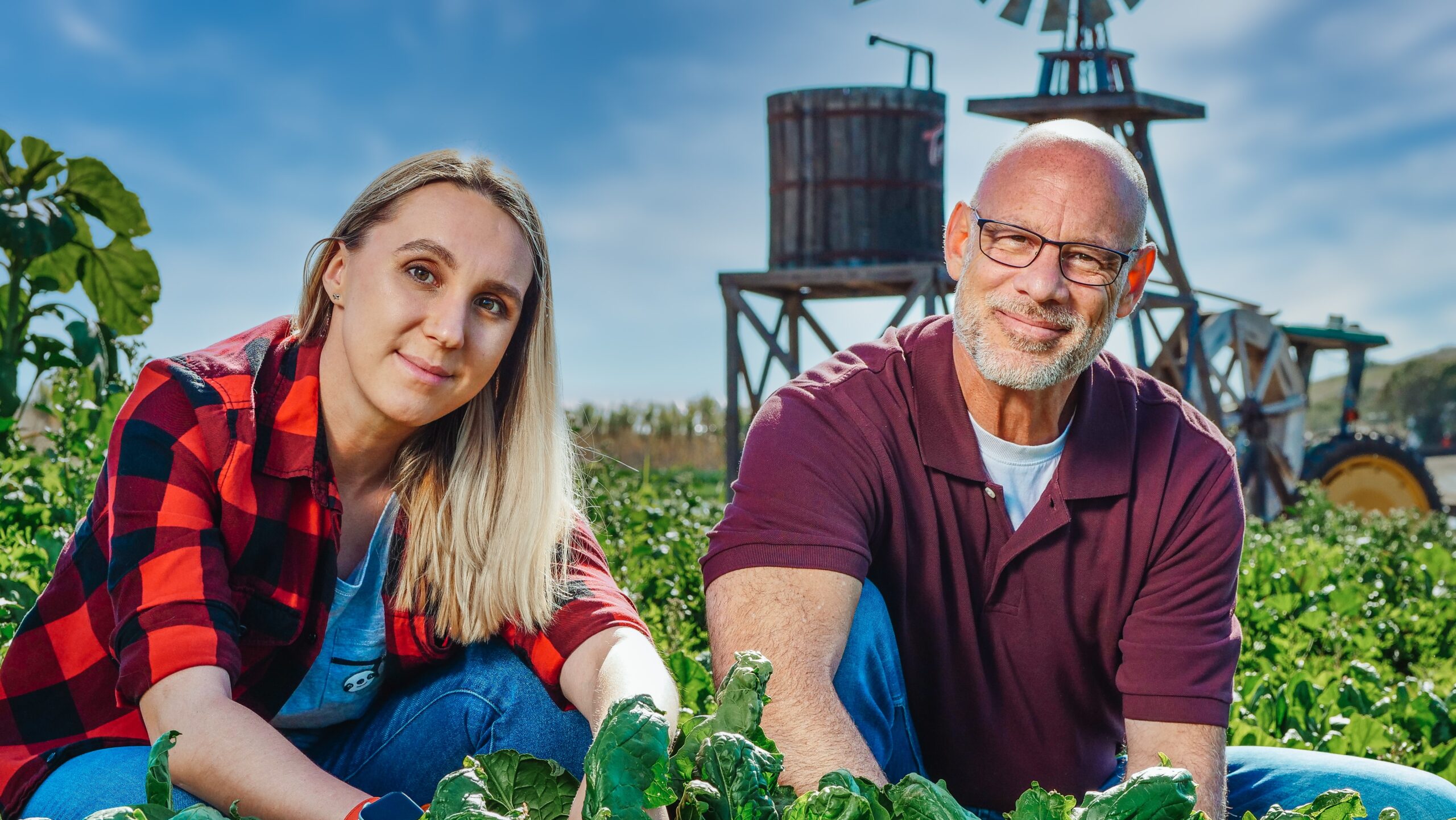Succession Planning – 5 Common Mistakes & How to Avoid Them

Succession planning is a crucial but also highly emotionally charged aspect of a farmer’s long-term strategy. It ensures the smooth transition of ownership and management of a farm from one generation to the next. However, it’s not uncommon for farmers to make mistakes in this process that can have significant consequences both financial and for the harmony and happiness of the family. In this article, we’ll discuss five common mistakes farming families often make in succession planning and how to avoid them.
1.Delaying the Planning Process:
The #1 most common mistake farmers and their families make is delaying succession planning. Many farmers assume they have plenty of time to address the issue, but unforeseen circumstances can arise. It’s essential to start planning early, even if the next generation isn’t ready to take over the farm immediately. Early planning allows for the development of a comprehensive strategy that can adapt to changing circumstances over time.
2.Failure to Communicate :
Effective, healthy communication is key to successful succession planning. Unfortunately, many families struggle with open and honest discussions about the future of the farm. Some farmers may assume that their family share their goals and visions without actually discussing them. Others may find it easier to tip toe around the elephant in the room. To avoid this mistake, establish regular family meetings to discuss everyone’s expectations, roles, needs and responsibilities in the farm’s future. These may change and evolve over time just as you all do.
You and your family have spent a lifetime or even generations getting to this point so investing time and patience to communicate well, reflects the both the financial and non-financial value that is embedded in your farm.

3.Ignoring Financial and Legal Aspects:
Farm succession planning often involves complex financial and legal considerations, such as estate taxes, business structure, pension and super requirements and property division. Failing to address these matters can lead to disputes and financial hardships down the road. Your Rural Financial Counsellor will work with you to identify potential issues and if necessary direct you to a specialist to seek further advice. They can also help you by explaining key concepts and acting as a guide to help you understand how these relate to your unique farm enterprise, ensuring that all aspects are properly addressed.
4.Overlooking Non-Farming Family:
Many farmers make the mistake of assuming that only those actively involved in farming should be part of the succession plan. However, it’s important to consider non-farming family members or beneficiaries as well. This can include providing them with their fair share of assets or finding ways to ensure that they are taken care of financially, even if they are not involved in day-to-day farm operations.
Similarly when there is no family or you may wish to step back from the business but remain on farm then there are many alternatives. For those committed to seeing their property transitioned to someone passionate about the industry, wanting to take care of the land and continue to support the local community there are multiple pathways to ownership. It may require outside the box thinking or a little commitment to see it through but it can be done.
5. Neglecting Training and Transition:
Transitioning the farm to the next generation isn’t just about transferring ownership; it’s also about transferring knowledge and skills. Neglecting to provide proper training and mentorship can be a costly mistake. Encourage the younger generation to gain experience and knowledge through internships, agricultural education, and hands-on training. Gradual involvement in farm management until you reach a point where you can step back, also allows for a smoother transition and the preservation of valuable expertise and hard earned local knowledge .
Want to know more?
If you’d like to take a deeper look at how the team at RFCSNR can support your succession journey or any other farm enterprise goals you have then CLICK HERE